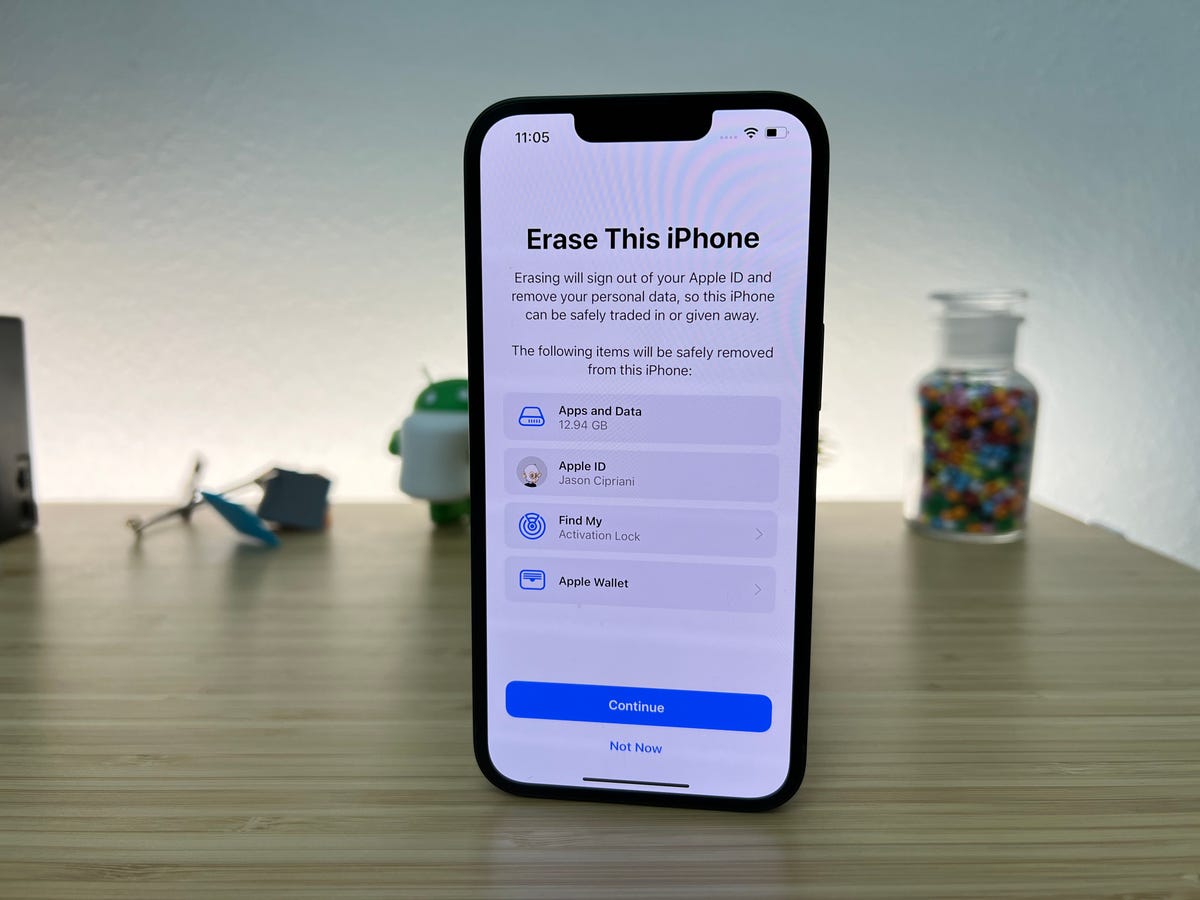
There was a time when most people could get by with a handful of easy-to-remember passwords. But with more and more personal and financial data being stored online, the need for complicated passwords and secure ways to store them has given rise to the password manager.
According to Keeper Security, 81% of data breaches are due to weak password security with the average cost of a data breach to a company coming in at $7 million.
1 Password managers let users create hard-to-break passwords and automatically log in to websites without having to remember those passwords.
Many also analyze the strength of passwords, monitor accounts for data breaches, and provide secure private browsing networks.
We looked at over a dozen password managers and chose the best based on reputation, ease of use, additional security features, quality of free plans, cost, and more.
Here are our top seven picks.
Table of Contents
7 Best Password Managers:
1. LastPass
We decided LastPass as the best overall because it offers a rich set of free features, allowing most users to get everything they need without paying anything.
Moreover, it can be accessed on most browsers and virtually all smart devices, and also offers more robust sharing features through its paid versions.
Pros:
- Easy to use.
- Feature-rich free version.
- Multi-factor authentication (MFA).
Cons:
- Outdated desktop apps.
- Can’t auto-fill some personal data types.
- Website hacked in 2015.
2. Dashlane
We chose Dashlane as the best for extra security features. Furthermore, it offers dark web scanning for data leaks, a secure virtual private network (VPN), and a password changer option.
Pros:
- Easy syncing between devices.
- Built-in VPN.
- Dark web monitoring.
Cons:
- 50 password limit on the free plan.
- Free plan limited to use on one device.
- Limited cloud storage.
3. LogMeOnce
We chose LogMeOnce as the best for cross-platform support since it allows users to access their passwords and login on to just about any browser.
Pros:
- Platform support
- Encrypted storage
- Highly customizable
Cons:
- Can be overwhelming to new users
- Add-ons can get expensive
4. Bitwarden:
We chose Bitwarden as the best free option because it beats out even LastPass’s free plan by offering all of the same features plus unlimited devices and sharing.
Pros:
- Unlimited passwords and sync in the free version.
- Secure password generator.
Cons:
- Some issues with an Edge browser extension
- Limited iOS support
- Secure sharing costs extra
5. RememBear:
We chose RememBear as the best for new users because it offers a game-like interface. Moreover, it offers cute bear jokes, and a playful walkthrough to help non-technical users manage their passwords for a very affordable price.
Pros:
- Fun and easy to use
- Good free plan
- Simple master password recovery
Cons:
- Limited import options
- No advanced security or encryption features
- No password strength checker
6. 1Password:
We chose 1Password as the best for families because it offers a deep level of protection beyond simple Enterprise password management. So, it extends to the whole family and also makes it easy to manage and add individual users.
Pros:
- Travel mode
- Web scanner
- 14-day free trial
Cons:
- No free version
- Sharing limited to family plans
7. Keeper:
We chose Keeper as the best enterprise-level password manager because it offers advanced levels of security for teams of all sizes. Moreover, it offers additional security add-ons that allow businesses to customize their security based on their needs.
Pros:
- Advanced security
- Secure password sharing and inheritance
- Full password and file history
Cons:
- No free version
- No quick access PIN
Conclusion:
In many ways, password managers are safer than the companies that actually store their customers’ data and passwords. Since each password is encrypted on a user’s device, password manager providers don’t actually keep any lists of passwords.
This means that if they get hacked, while some customer data may be compromised, no passwords will be stolen.
Additionally, password managers allow users to come up with as many complicated passwords as they want and lock them all behind one master password.




